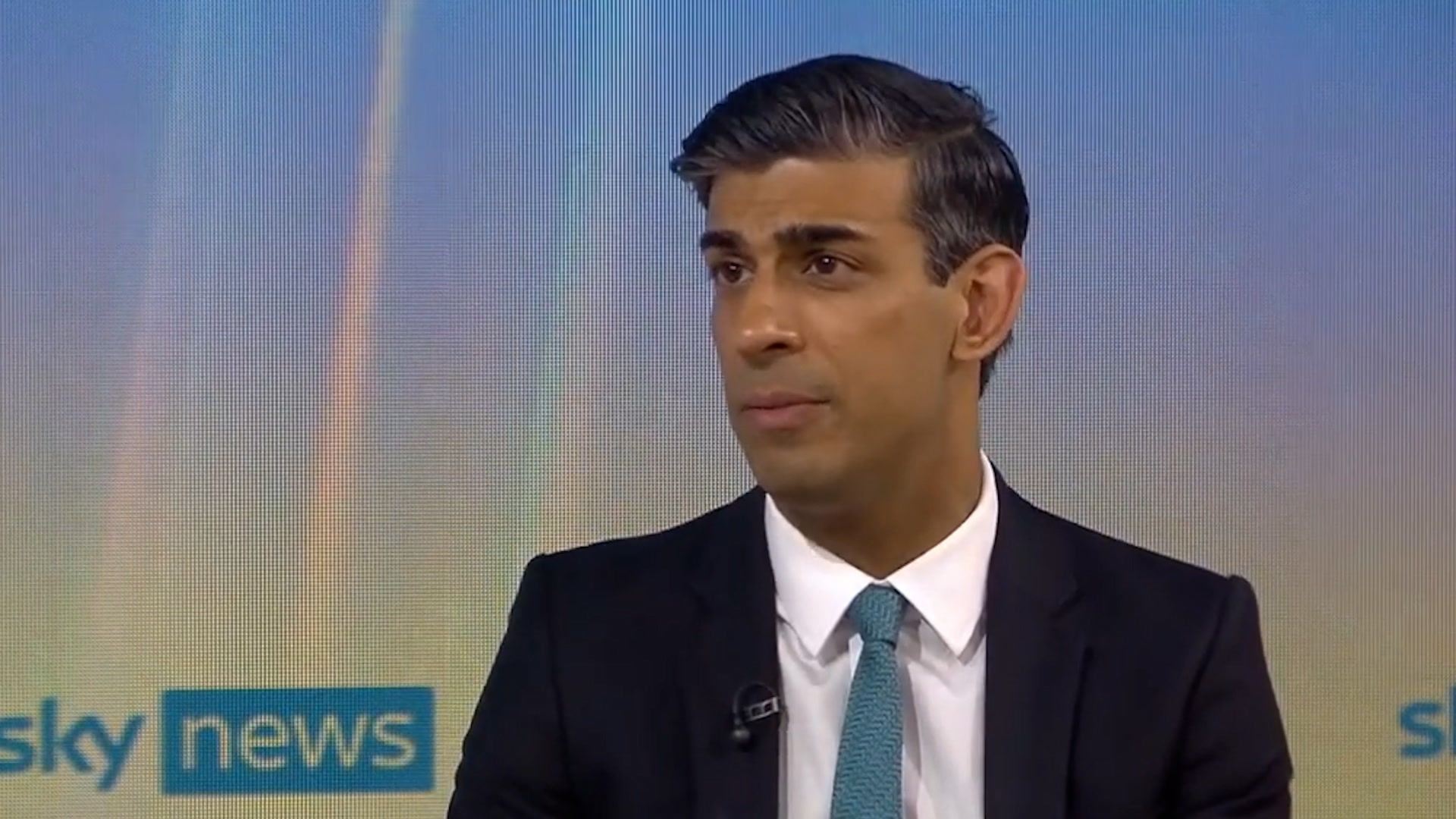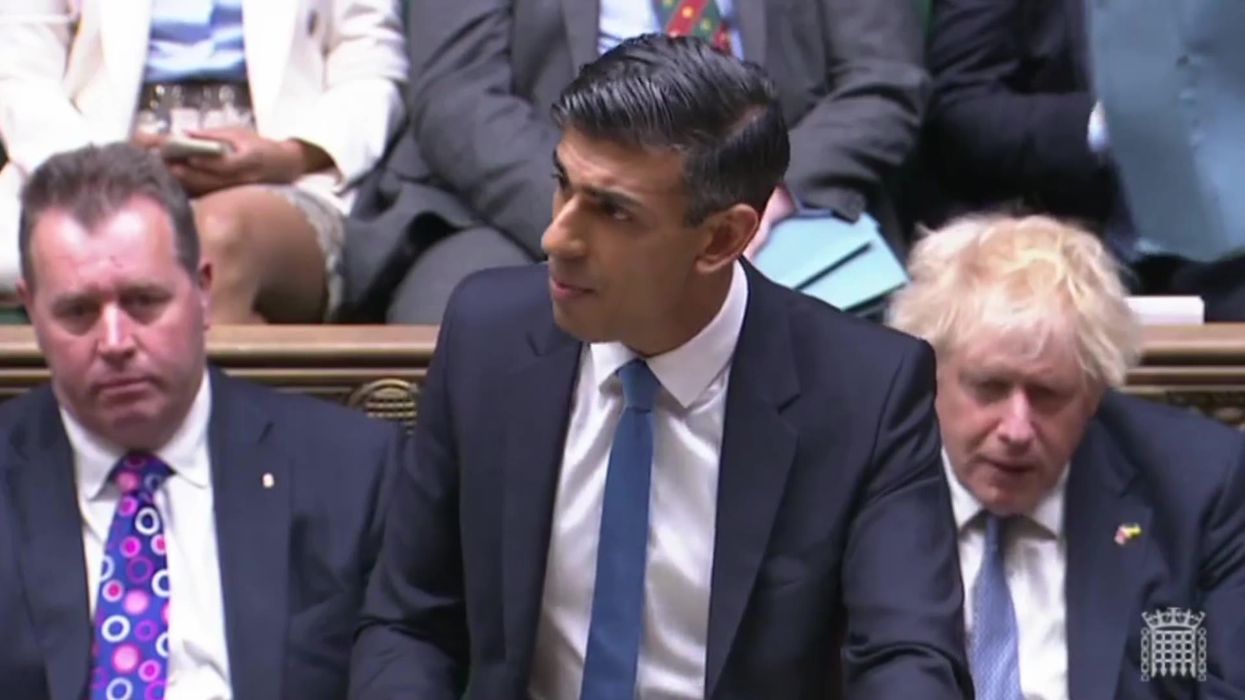Ellie Abraham
May 27, 2022
Rishi Sunak announces £15bn package for cost of living crisis
Video
After being put under pressure from Labour for months, Chancellor Rishi Sunak has finally taken action on the cost of living crisis with a new financial package.
In an announcement on Thursday, Sunak revealed the £15 billion package will be part-funded by a windfall tax imposed on energy companies, marking a dramatic U-turn in the government's stance from last week.
The package will include a direct one-off £650 payment for around eight million families on the lowest income and an extra £200 for all energy bill payers that does not have to be repaid.
Around £5 billion is expected to be raised from a “temporary targeted energy profits levy”, as energy firms have reported record-breaking profits while families’ bills rise.
Sunak’s “energy levy” comes months after Labour began calling for this windfall tax to be imposed on energy giants.
For weeks Boris Johnson’s government has opposed taxing energy giants, but have now introduced a levy that they refuse to refer to as a windfall tax.

Rachel Reeves, Labour shadow chancellor, said: “Today it feels like the chancellor has finally realised the problems that the country is facing.
“We first called for a windfall tax on oil and gas producers nearly five months ago to help struggling families and pensioners.
“Today he has announced that policy but he can’t dare say the words. It’s a policy that dare not speak its name.”
Sign up to our new free Indy100 weekly newsletter
While the new measures are welcomed, the long delay and sudden action have caused many to question if the new package is a distraction after the long-awaited Sue Gray report into Downing Street lockdown parties and the office’s culture was released.
Sunak argued: “I can categorically assure you that that had no bearing on the timing.”
The Institute for Fiscal Studies called the interventions a “genuinely big package of support”, but others have expressed concern that the measures only offer a short-term solution to a larger problem.
Chair of supermarket chin Asda, Lord Stuart Rose, warned that the interventions were “a drop in the ocean” compared to what’s needed.
Rose said: “I can remember the last time inflation was [like this] and it took nearly eight years to get [it] under control.”
The cost of living crisis has touched every corner of the UK, pushing families to the brink with rising food and fuel prices.
The Independent has asked experts to explain small ways you can stretch your money, including managing debt and obtaining items for free. https://www.independent.co.uk/life-style/cost-of-living-tips-advice-b2081583.html
If you need to access a food bank, find your local council's website using gov.uk.https://www.gov.uk/find-local-council and then use the local authority's site to locate your nearest centre. The Trussell Trust, which runs many foodbanks, has a similar tool. https://www.trusselltrust.org/get-help/find-a-foodbank/
Citizens Advice provides free help to people in need. The organisation can help you find grants or benefits, or advise on rent, debt and budgeting. https://www.citizensadvice.org.uk/.
If you are experiencing feelings of distress and isolation, or are struggling to cope, The Samaritans offers support; you can speak to someone for free over the phone, in confidence, on 116 123 (UK and ROI), email jo@samaritans.org, or visit the Samaritans website to find details of your nearest branch.
Have your say in our news democracy. Click the upvote icon at the top of the page to help raise this article through the indy100 rankings.
Top 100
The Conversation (0)














